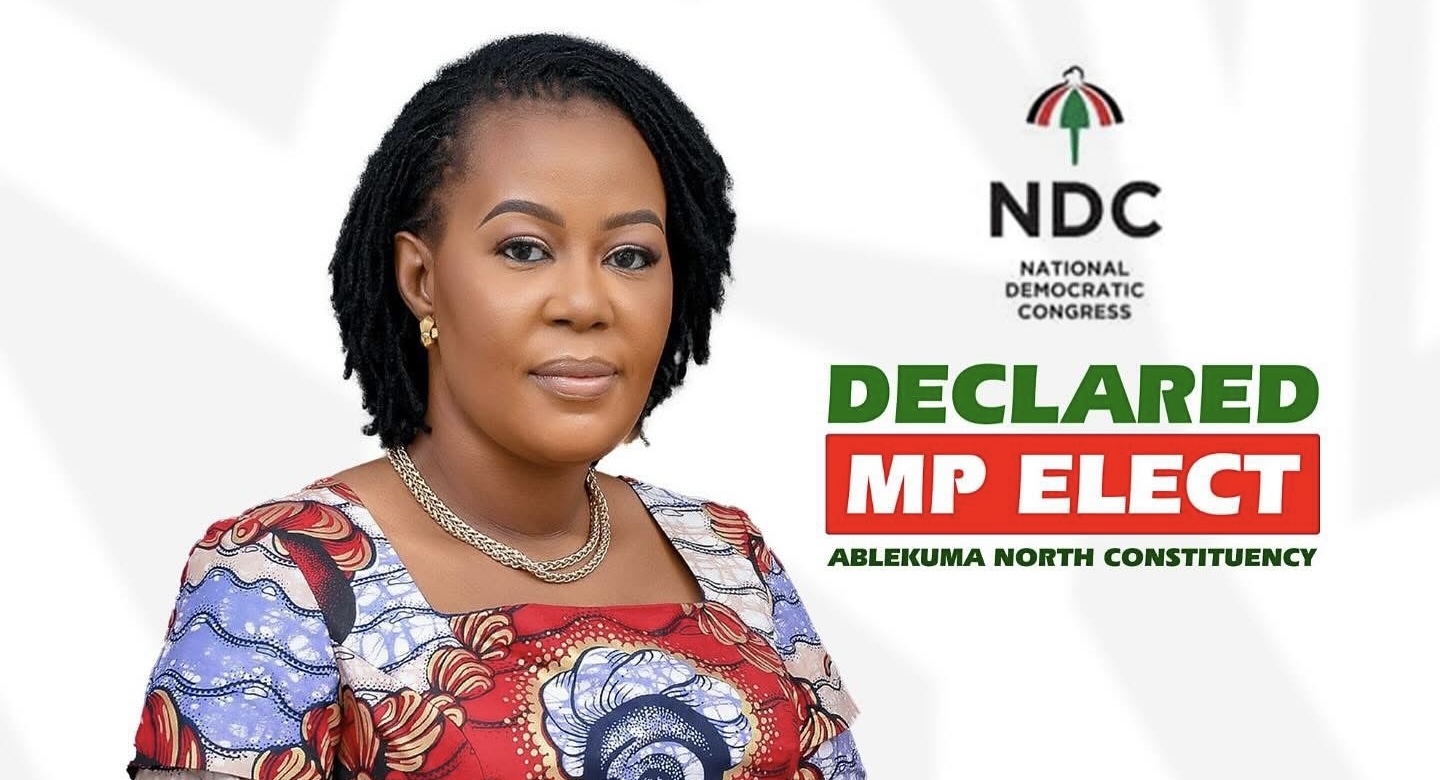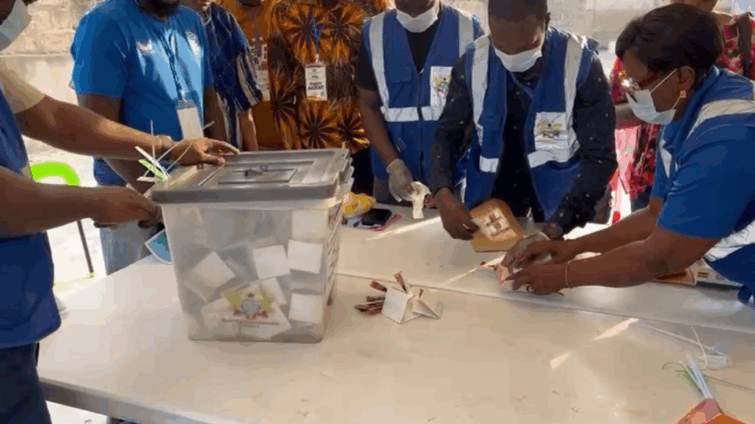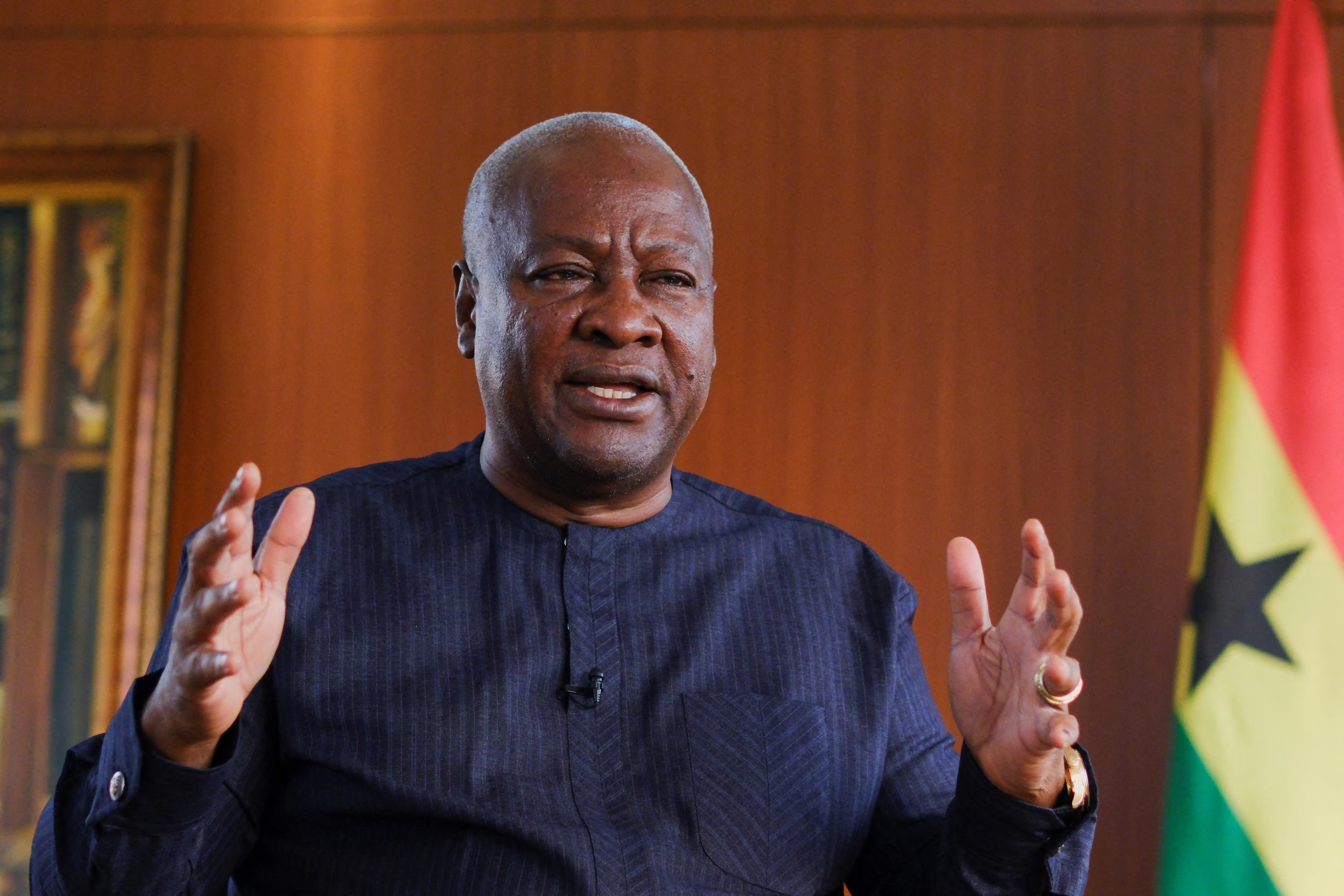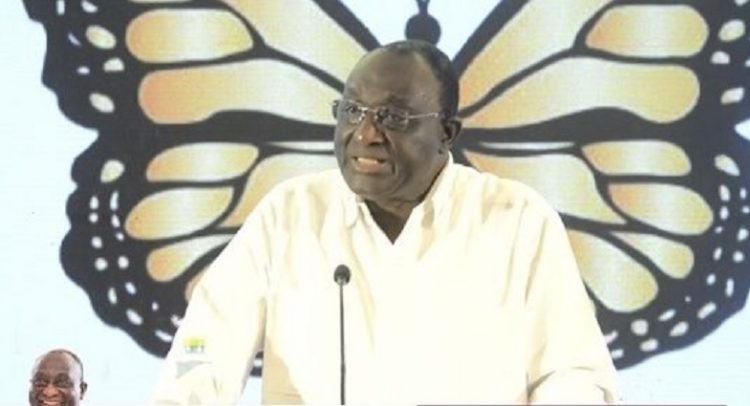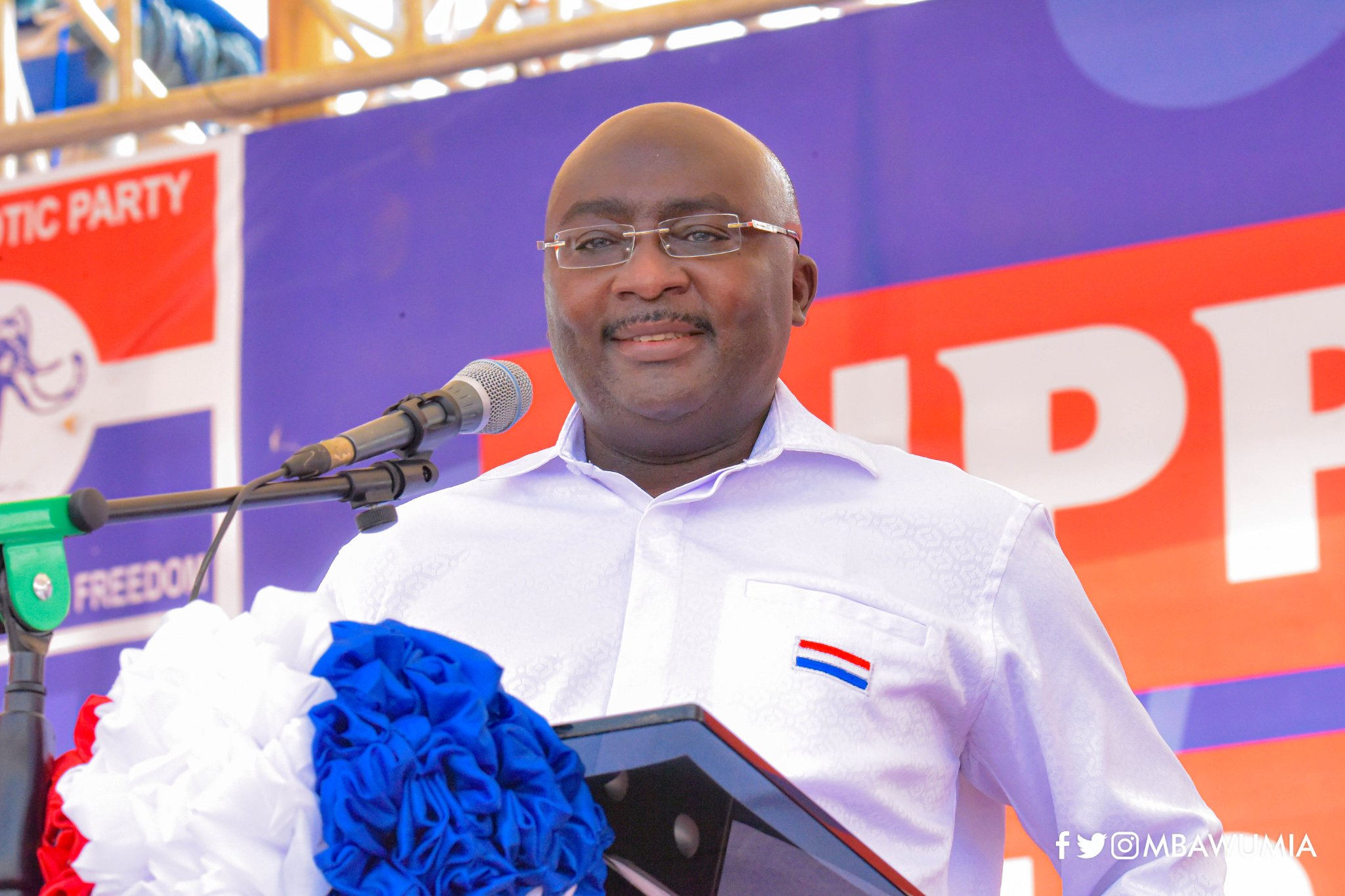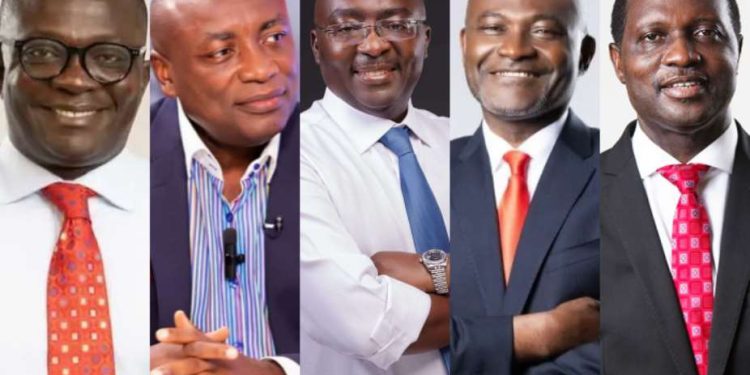Ghana’s governing National Democratic Congress (NDC) scored a significant political victory Friday, flipping the historically opposition-held Ablekuma North parliamentary seat after a closely contested rerun that followed months of legal and procedural uncertainty.
Ewurabena Aubynn, the NDC candidate, emerged with a narrow lead—garnering 34,090 votes against 33,881 for the New Patriotic Party’s (NPP) Nana Akua Afriyie—marking only the second time since the beginning of Ghana’s Fourth Republic in 1992 that the ruling party has captured the constituency.
The rerun, mandated by the Electoral Commission (EC) and conducted across 19 polling stations, was ordered after the December 2024 general election in the constituency ended in a dispute. Allegations of irregularities and the submission of unauthenticated results—locally referred to as “pink sheets”—led the EC to withhold a declaration.
Legal Battles and Internal Fractures
Following the initial election, both the NDC and NPP claimed victory. The NPP maintained that its candidate had won by 414 votes. But missing endorsements and procedural lapses during collation prompted legal action. In January 2025, a High Court directed the EC to complete the process, but persistent documentation issues led to the unprecedented decision to rerun the vote entirely.
The rerun further exposed internal divisions within the NPP. While the party’s leadership publicly denounced the process and called for a boycott—arguing that the EC’s actions undermined electoral justice—Afriyie defied the directive and re-entered the race. Her campaign received muted but growing backing from grassroots operatives and influential figures within the party.
Tensions and Violence on Election Day
The days leading up to the rerun were marked by heightened political activity and visible tension. Aubynn campaigned on a platform of reform, transparency, and generational change—positioning herself as a candidate for younger voters and independents disenchanted with partisan gridlock.
Voting on July 11 proceeded amid tight security, but was not without incident. At least one polling station—St. Peter’s Society Methodist Church in Odorkor—was violently disrupted by unidentified individuals. Both Afriyie and former Fisheries Minister Hawa Koomson were reportedly assaulted during the altercation. In a separate incident, a police officer was caught on video slapping a journalist and was later interdicted by the Ghana Police Service.
Despite the disruptions, voting continued across all 19 polling stations and concluded without further major incidents.
A Strategic Loss in a Former Stronghold
Ablekuma North, located in the Greater Accra Region, has long been regarded as a safe seat for the NPP, which had held the constituency since its creation. Friday’s outcome represents a rare strategic loss for the party and signals growing competitiveness in urban and peri-urban districts once considered opposition strongholds.
Political analysts say the combination of intra-party discord, public confusion over the NPP’s official position, and security concerns on election day likely dampened turnout among its core voters.
Implications for 2028
Aubynn’s victory not only adds a seat to the NDC’s parliamentary tally, but also offers symbolic momentum as both parties begin to position themselves for Ghana’s next general elections in 2028. The EC is expected to formally declare and gazette the results in the coming days, officially ending a prolonged period of electoral uncertainty in the constituency.
The rerun and its outcome underscore both the fragility and resilience of Ghana’s democratic institutions, as the country continues to balance its reputation for electoral stability with emerging challenges in political trust and process integrity.



